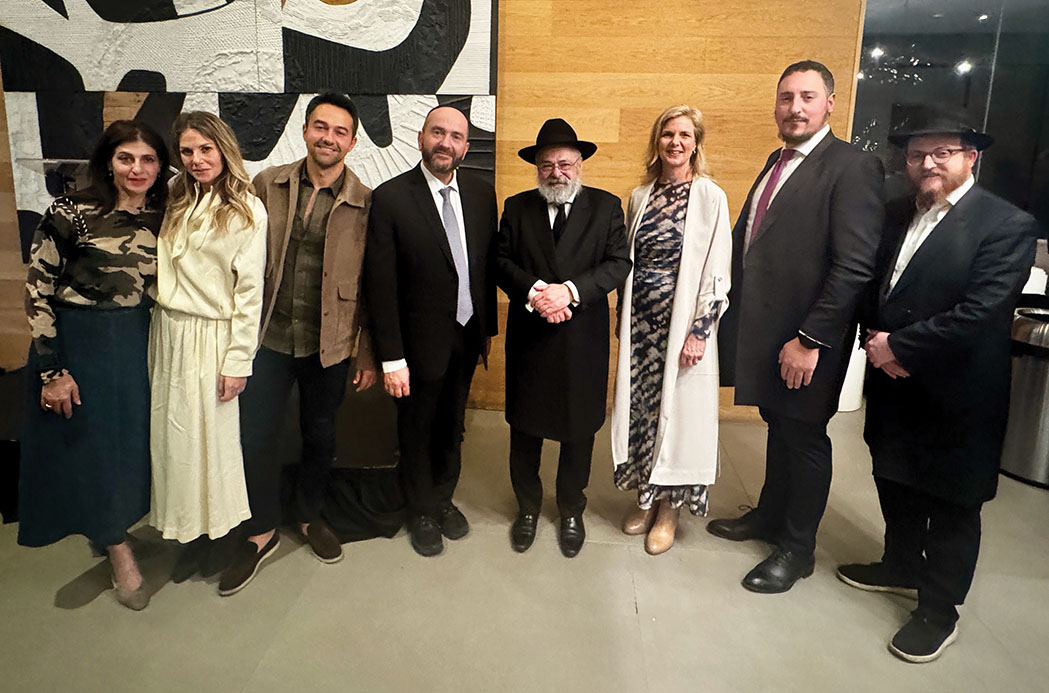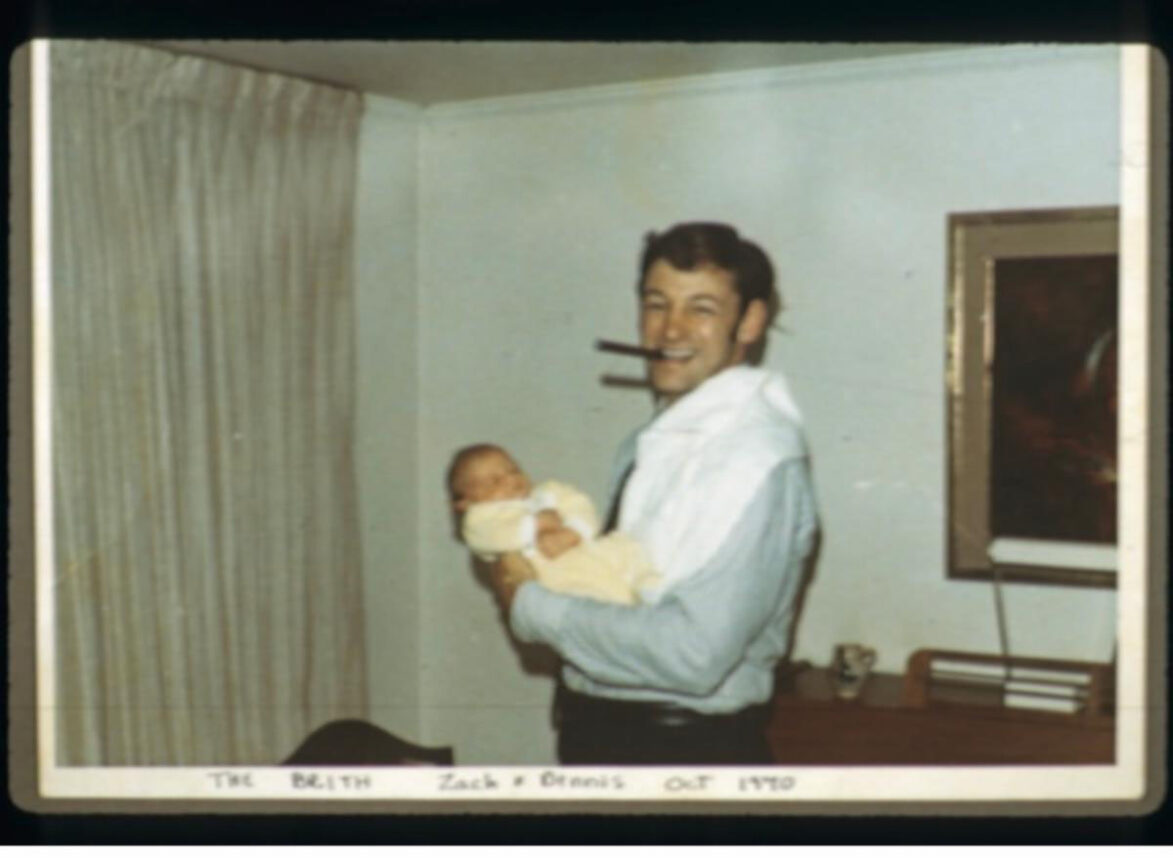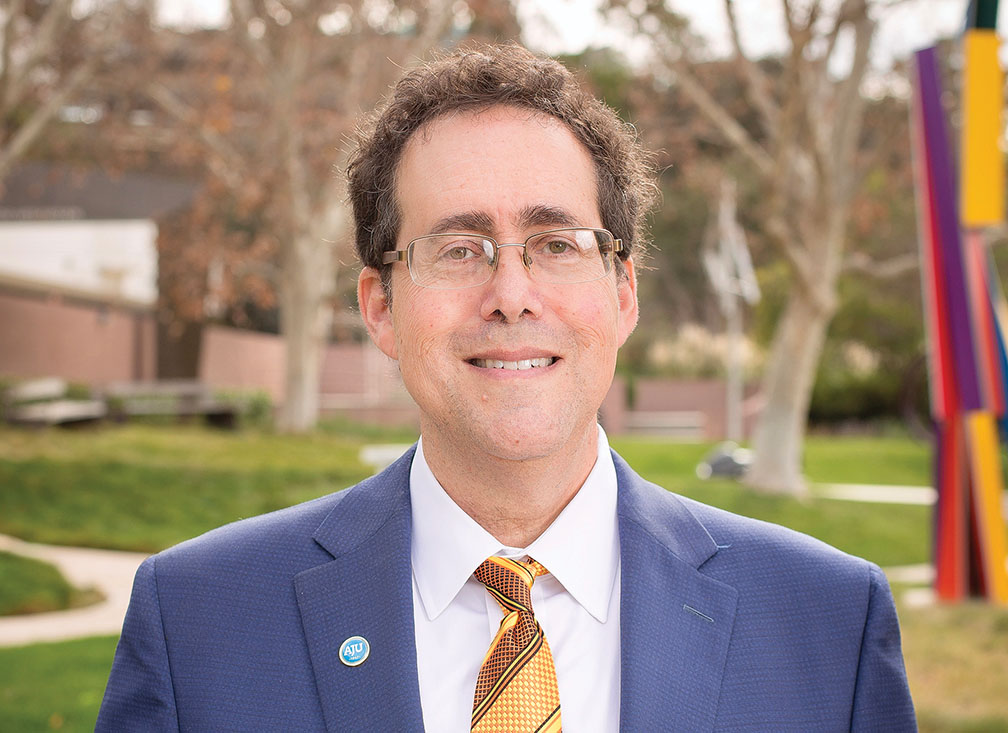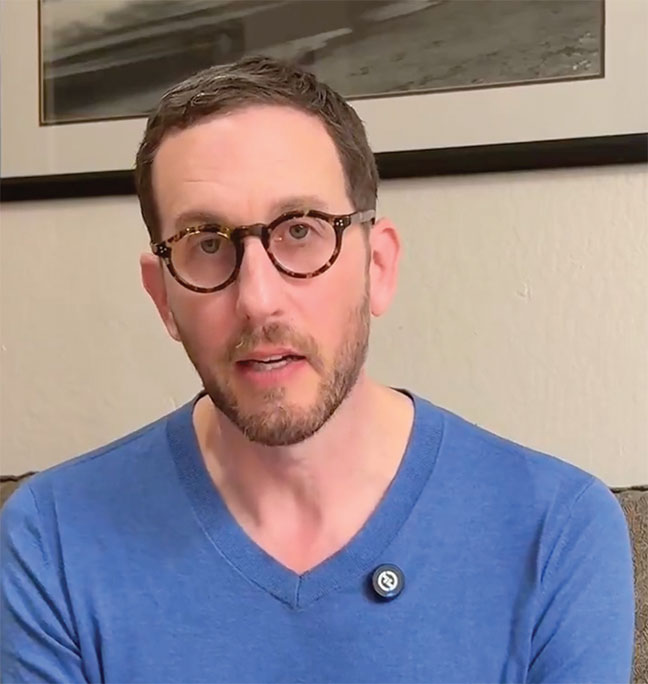
The Mitzvah of Admonishment
By Rabbi Mordecai Finley
The Days of Awe loom like a court date, so we are taught in our High Holy Day liturgy. We are held to account for our sins, our falling short in our duties to God, to each other and to our own souls. We are taught about these duties in our Torah tradition. One great duty we have during these days is expressed in the book of Leviticus 19:17-18.
You shall not hate your kinfolk in your heart. You shall surely reprove them, so as not to incur guilt on their account. You shall not take vengeance or bear a grudge against any of your people, but rather love your fellow as yourself. I am Adonai.
These verses assume that we wound each other, and we owe apologies. Our tradition tells that we are called to give others a chance to apologize, but the tradition goes even further. We are taught that if you don’t admonish another person for their wronging, you are complicit. In other words, we owe those who wound us the chance to make teshuva, meaning in this case to be able to repair their wrongdoing, as much as possible. This biblical verse tells us what is likely to happen if we do not reprove others and seek reconciliation: We are likely to be punitive and bear a grudge. Both are against Jewish law. The goal of reproving another is reconciliation, and to return to a state of love, the ideal for any close relationship.
These are powerful words, words that can transform us and our relationships. Many people who care about Jewish ethics don’t know that hatred and holding grudges are sins, that reproving others is a commandment, and that not to do so is a moral wrong. They may not respond to your reproof, but you must try, according to Jewish ethics.
It does not matter what they do; what matters is the kind of person you want to be—ethical, or not.
Here is the fine print. Our tradition teaches us (I am paraphrasing from many sources) that while the one who can accept admonishment is praiseworthy, even more praiseworthy is the one who knows how to admonish another. As a counselor, I’ve seen many relationships injured by those who do not know how to perform the mitzvah of admonishing others. Those who seek to admonish others must learn the wisdom skills required to hold others to account. There is no accepted rule book on this mitzvah, but from years counseling, I’ve created some guidelines. In this brief space, I will present just a few skills of inner preparation. In subsequent columns, I will detail further dimensions of these profoundly important commandment.
First, make sure that your inner state is centered on the goal of reconciliation and not to be punitive or let out your anger. If we admonish with anger, we are likely to trigger anger and defensiveness in the other person. Admonishment becomes impossible.
Second, know well that our memories are faulty. In tough moments, we remember with our emotions. When we share our recollection of an event, we should do so in the sparsest way possible (“police report” style, not “closing arguments”) and invite the other person’s recollection as well. If the recollections don’t line up, work on that. Admonishing someone without the facts being agreed upon will typically lead to further strife.
Third, seek to know whether you were only disappointed or hurt, or actually wronged, in a moral sense. The fact that we feel hurt does not mean that someone else has wronged us. Not only must we get our facts right, but also we must understand the moral law.
Fourth, be very brief. No one likes a lecture. Don’t wind up with a big preface about how you feel or prior misdeeds. Work on an actual misdeed, not the character of another person.
Apologies require a separate column, but I will end with this fifth guideline: Take an insincere apology as a good start. Many people find apologizing to be extremely difficult. And an insincere apology is a step in the right direction.
With these five guidelines, you might be able to successfully admonish another person, they might be able to apologize, and you might find yourselves on the road back to love.


































